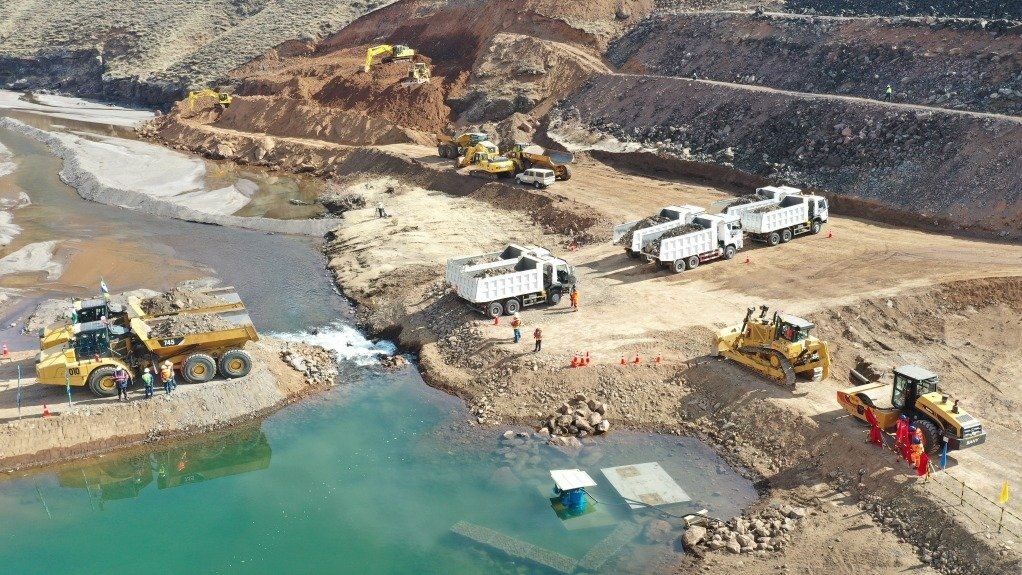Polihali Dam sparks rise in HIV, adolescence pregnancy

SHARE THIS PAGE!
Mokhotlong communities have raised concerns over the increasing prevalence of transactional sex and intergenerational sexual relations involving adolescents and young women (AGYW) and men working at the Polihali Dam construction site.
Driven by economic pressures, the sexual encounters reportedly place AGYM at heightened risk of HIV infection, complicating efforts by their parents to intervene, as many of them benefit from the transactions.
This was revealed in a report compiled by the parliamentary portfolio committee on pandemics. The report follows the committee’s consultations with the Lesotho Highlands Development Authority (LHDA), the Mokhotlong community, ministries of health and natural resources, and other implementing partners in October 2024.
The report, presented in the National Assembly on Friday by the chairperson of the committee, Paul Masiu, revealed that Mokhotlong has been identified as one of the districts with a high rate of unintended pregnancy among adolescents.
When they discover that they are pregnant, the adolescents drop out of schools due to a belief that “schooling is a waste of time, and they opt to have multiple partners,” the report says.
The meeting was held following a public outcry that in Mokhotlong, communities around Polihali construction site were experiencing a high rate of new HIV and TB infections including unintended pregnancies due to relations between Polihali employees and villagers in the surrounding communities.
The report further noted that the construction of the project has contributed to new HIV and TB infections including unintended pregnancy amongst adolescents.
However, the committee stated that according to the ministry of health, Mokhotlong communities have been experiencing challenges even before the construction of Polihali dam due to migration and poverty.
“To date, 56,484 unskilled personnel have been registered at the Polihali Labour Recruitment Desk, 16,258 from the project area and 40,226 nationally. Out of these, 3,980 unskilled personnel have been employed, 3,706 from the project area and 274 from across the country.
“For skilled positions, 9,054 Basotho (out of a total of 10,328 that registered) have been employed by the project to date. Therefore, the project has cumulatively created jobs for 13,034 Basotho currently,” the committee reports.
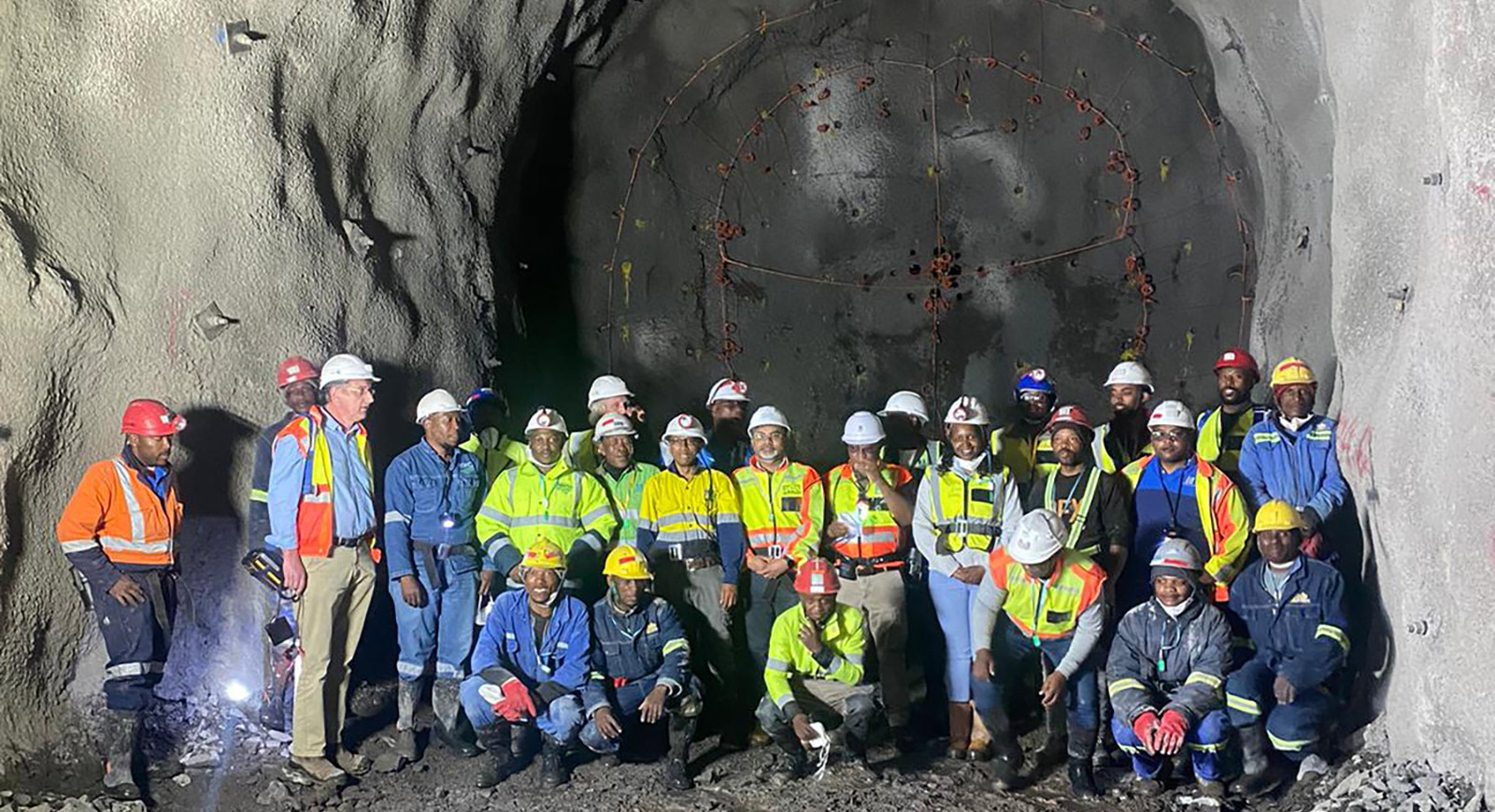
KKMJV workers resume tunnel operations
4 days ago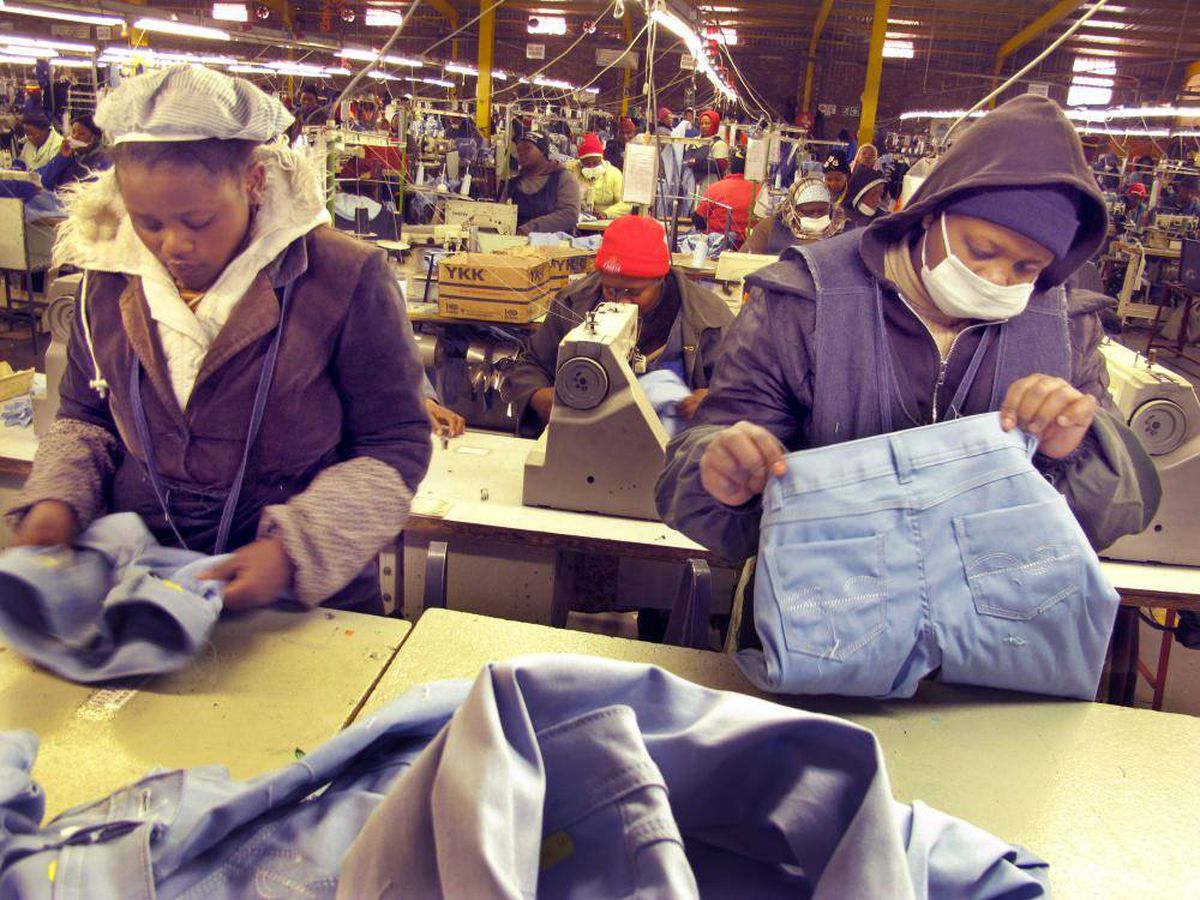
SACU calls for review of US tariffs
4 days ago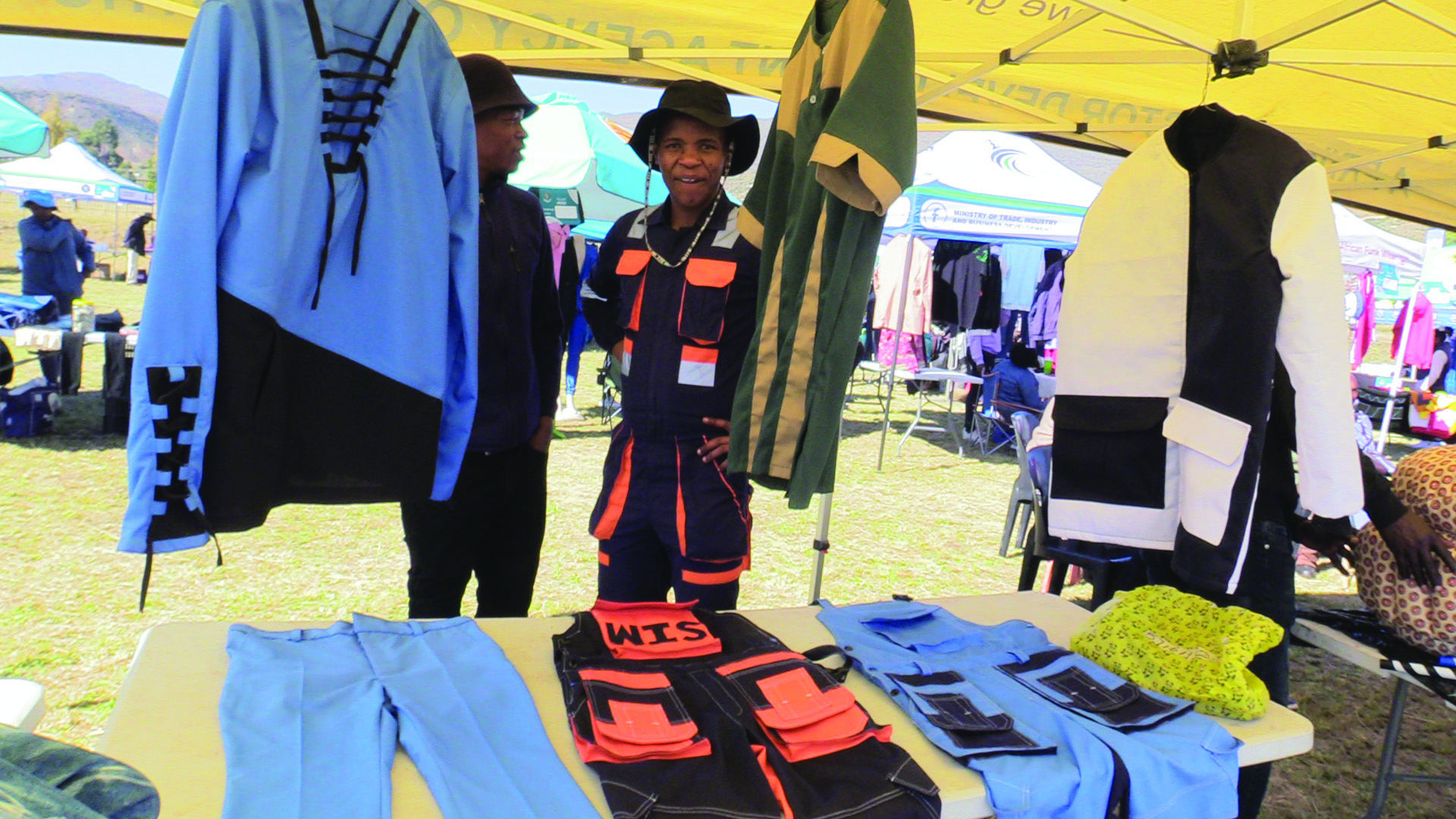

RSL promotes collaboration
5 days ago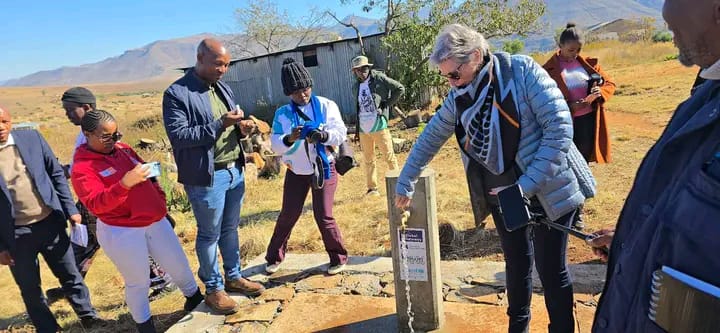
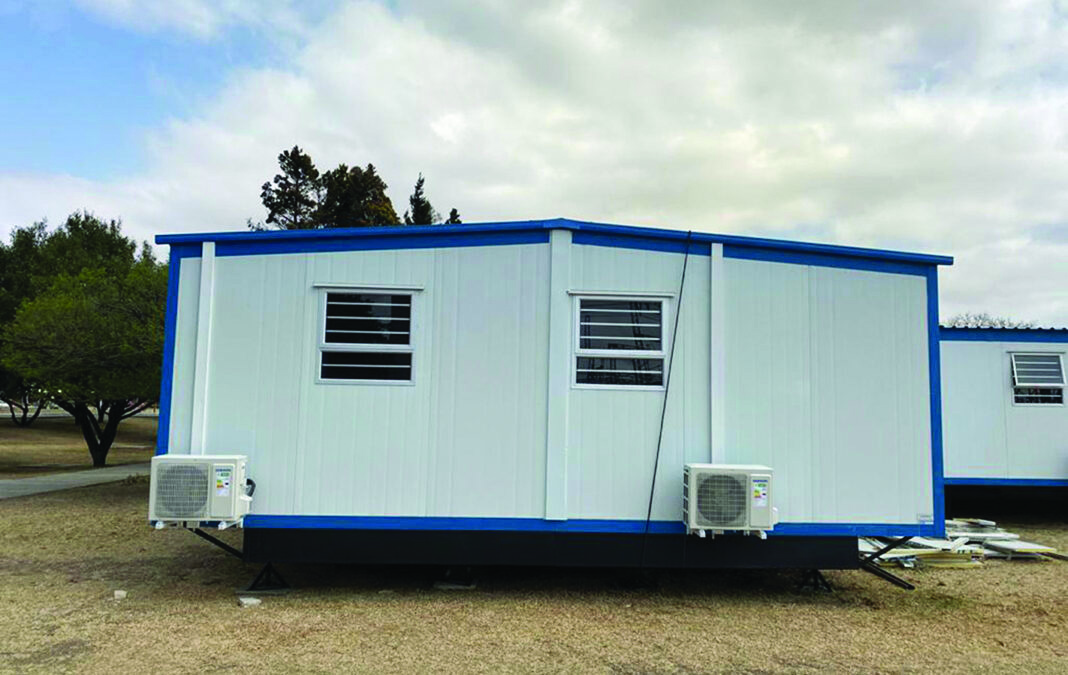
M26m corruption: PAC chair out on bail
8 days ago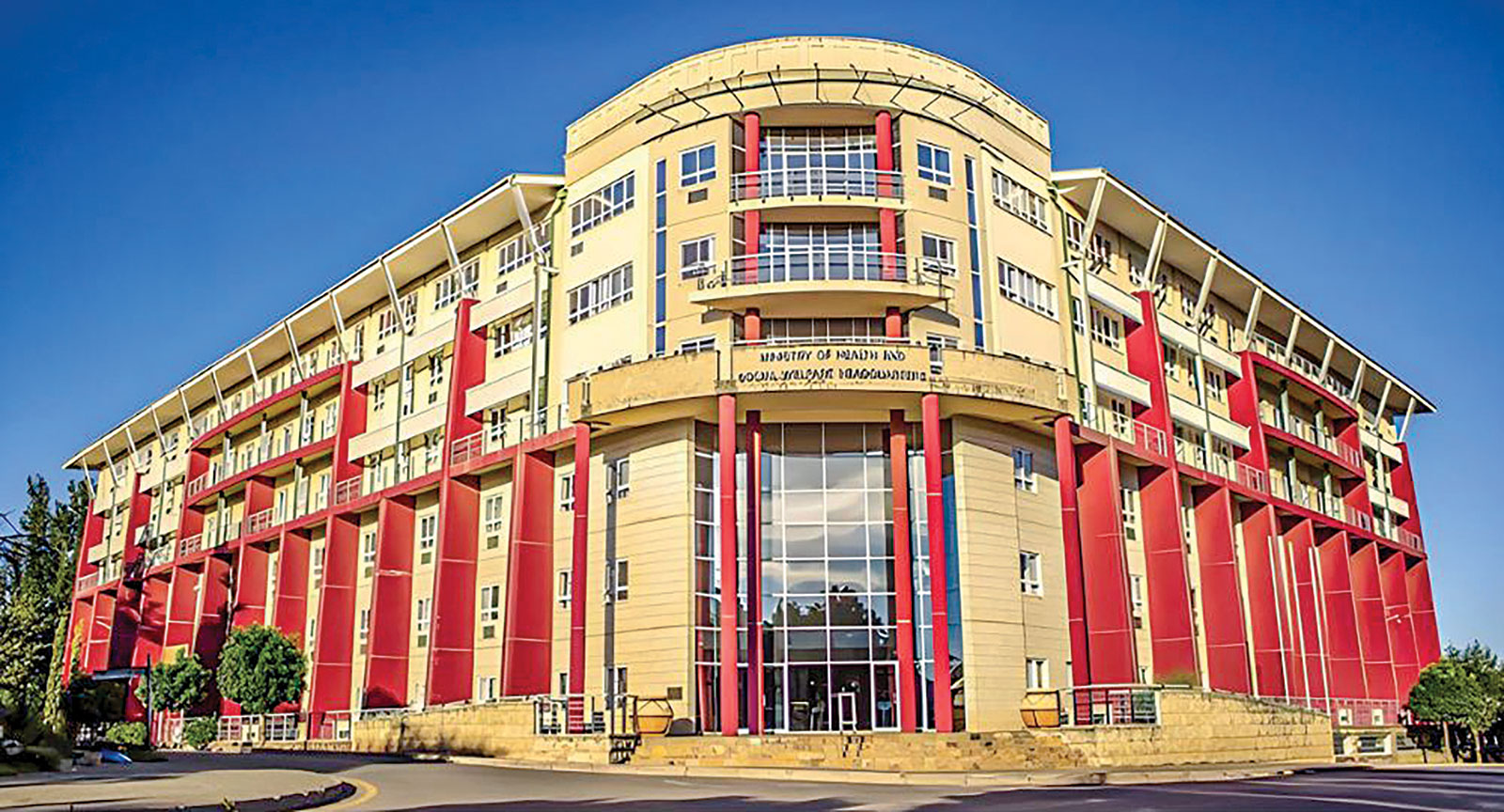
HIV services on brink of collapse
9 days ago
